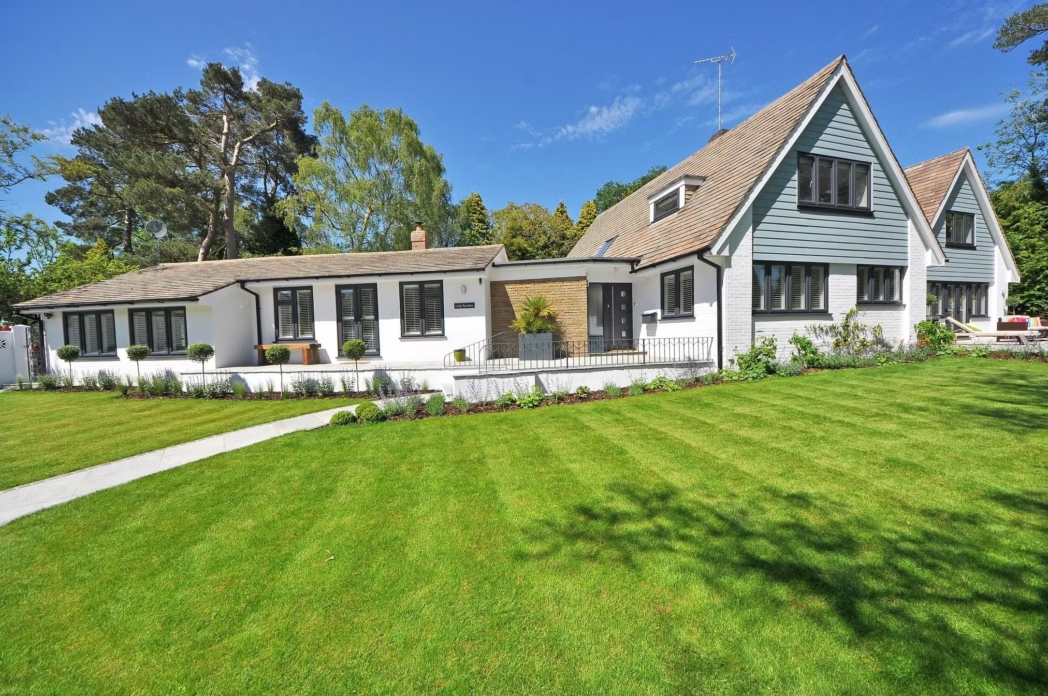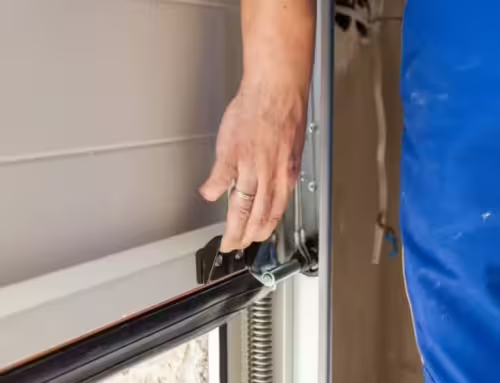🏠 Garage Doors in the Home Building Process
1. Design & Planning Stage
-
Aesthetic Match: Builders and homeowners choose garage doors that match the architectural style of the home (modern, craftsman, colonial, farmhouse, etc.).
-
Size Selection: Common sizes are single (8–9 ft wide) or double (16 ft wide), but custom sizes are often chosen based on garage layout.
-
Material Decisions: Materials affect appearance, insulation, maintenance, and price.
-
Steel: Durable, low-maintenance, cost-effective.
-
Wood: Great for custom looks, but requires upkeep.
-
Aluminum & Glass: Modern, sleek, less insulation.
-
Composite or Faux Wood: Good balance of looks and durability.
-
-
Insulation Consideration (R-Value): Important if the garage is attached or climate-controlled. Higher R-values mean better insulation.
2. Framing Phase
-
Garage Door Rough Opening: The builder frames an opening that’s slightly larger than the actual door size, allowing the installer to fit the door and sealing trim properly.
-
Header Support: A structural header is installed above the door opening to support the load above (especially for second-story structures).
3. Electrical Prep
-
Garage Door Opener Wiring: Pre-wiring for a garage door opener, lights, and wall-mounted controls (including smart system compatibility).
-
Sensor Wiring: Placement for safety sensors near the floor on each side of the door opening.
-
Backup Power Options: Some builders include outlets or circuits for battery backups or generators.
4. Installation Phase (Near Final Stages)
-
Spring System: Torsion or extension springs are installed based on door size, weight, and builder choice.
-
Track and Motor Installation: Tracks, rollers, and the opener system are mounted and tested.
-
Smart Integration (Optional): Smart garage openers can be integrated with apps like MyQ, Google Home, Alexa, etc.
5. Post-Installation
-
Trim and Weather Sealing: Exterior trim and weather seals are added to prevent water, pests, and air leaks.
-
Final Adjustments: Springs are balanced, sensors aligned, opener limits set, and remote/keypad programmed.
-
Inspection: Typically part of final city or county inspection for occupancy.
✅ Considerations for Homeowners During New Construction
-
Budgeting: Garage doors can range from $800 (basic steel) to $5,000+ (custom wood or high-end glass).
-
Insulation: Especially important if you plan to heat/cool your garage or use it as a workshop or gym.
-
Smart Features: Pre-planning for openers with Wi-Fi/smartphone control can save hassle later.
-
Windows: Adds natural light, but affects privacy and insulation.
-
Security: Quality opener with rolling-code tech, motion lights, and secure keypads add protection.
Want help picking the right style or material for a specific kind of home or climate? Contact us!






